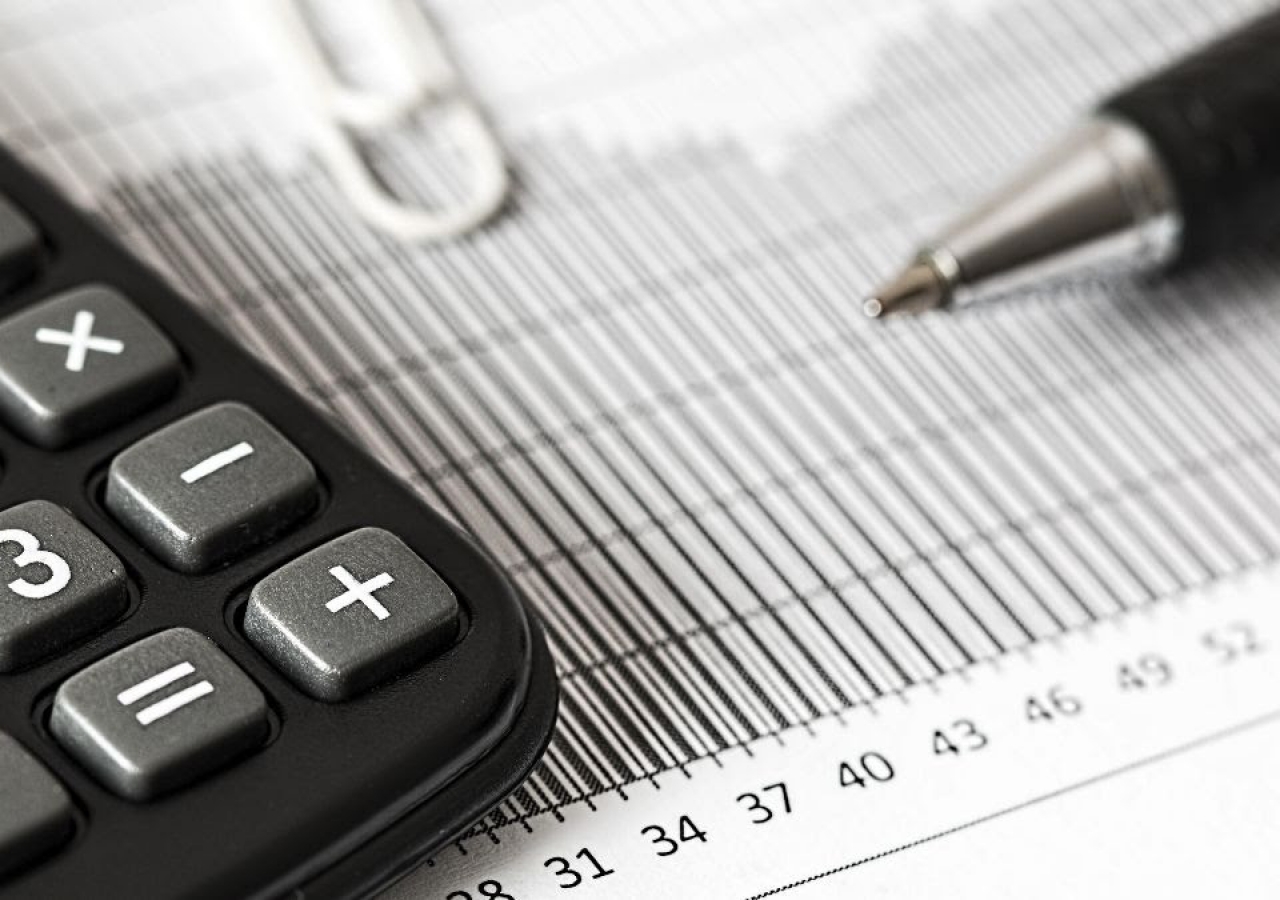The Aga Khan Economic Planning Board (AKEPB) has created the Savvy Saving column in the Al-Saha Daily Digest. This column is designed to provide financial planning tips including updates on government regulations and how they affect the Jamat during this time of the COVID-19 crisis. Please see below for all tips:
Savvy Learning
Keeping children occupied during the pandemic whilst monitoring your spending can be difficult. There are many savvy ways to do this as lots of companies, big and small, recognise the challenge parents are facing. Facebook, YouTube, Amazon and Netflix to name a few are offering free and discounted classes for children covering a range of arts and crafts, cooking, sports and storytelling. It’s also worth reaching out to your local holiday camp providers, many of whom have replaced camps with discounted online classes.
Examples include: Audible - free audio books, Julia Donaldson – story telling on Facebook, YouTube - Cosmic Kids Yoga, PE with Joe Wicks have been very popular.
Contactless Card Limit Raised
In a bid to help combat the spread of coronavirus, the contactless card spending limit in the UK rose to £45 (previously at £30) on 1 April 2020. The changes will take time to roll out so not all stores will enable the £45 cap immediately.
To help prevent fraud, you will still have to tap into your PIN every five contactless payments. Be sure to check your bank statements regularly, keep track of receipts and check your credit report.
If you prefer to avoid touching keypads entirely, you may be able to use contactless payments on your smartphone as these do not usually have a contactless spending limit.
Stay Wary – Fraud Alert!
Watch out for scams and ensure you are absolutely vigilant when sharing personal or bank details. The Government or any reputable institution would not ask for you to share your personal information by email, text or over the phone. During this time of uncertainty, new types of scams are appearing daily, we urge the Jamat to be extra careful. Recent scams include being asked to hand over an upfront fee when applying for credit or a loan that you never receive, being enticed to invest in ‘good causes’ with a promise of high returns, or ‘clone firms’ claiming to sell insurance products for authorised firms and even grocery stores offering vouchers. To avoid being scammed, double-check contact details of firms that contact you, and do not click on links or open emails from unknown senders. For more information on coronavirus scams and how to protect yourself, visit the Met Police or FCA.
Help paying your internet or mobile bill
If you are struggling to pay your internet or mobile bill, contact your provider as soon as possible to see what help can be provided. The UK’s major internet and mobile providers – namely BT/EE, Openreach, Virgin Media, Sky, TalkTalk, O2, Vodafone, Three, Hyperoptic, Gigaclear and KCOM – have agreed to work with customers who find it difficult to pay their bill as a result of Covid-19 to ensure they are appropriately supported. Providers will remove data allowance caps on fixed internet services (but these will still apply on mobile contracts). Providers have agreed further measures to ensure vulnerable consumers, including those self-isolating, can stay connected.
Preventing Fraud during COVID-19
Please be on high alert to frauds and scams. Certain fraudsters are using this opportunity to take advantage of Jamati members and others. Please ensure that you are extremely vigilant before parting with your money, personal bank details or other personal information. At this time, there are no AKDN or Jamati fundraising activities taking place. Offerings that you might usually make in Jamatkhana are also not being accepted. Please do not respond to any requests for money transfers to either AKDN or Jamati Institutions either online or via telephone. Click here for further information.
For guidance from the Aga Khan Economic Planning Board on frauds click here.
Shop around for the best interest rate
If you have money in a fixed rate savings account (an account that promises a fixed interest rate, if the investor agrees not to withdraw for a fixed period of time), there is usually a penalty for withdrawing money before the fixed period ends. However, some banks have agreed to allow access to money without charge, either through early access to or cancellation of the account. Check with your bank if you are able to withdraw money and under what conditions. Note: if you have a good interest rate, only withdraw if necessary. For more information, review the accessing money in savings accounts section on the Which? Website. If you are looking to put money into a savings account before interest rates change, visit MoneySavingsExpert for details of the best rates.
Selling items you no longer need
Use this time at home to do a “spring clean” and pick out things you no longer need which have monetary value. We suggest you consider selling these on eBay or other similar sites. Be sure to read and follow the procedures of each website closely to ensure transactions are completed correctly and securely. Stay safe and maintain social distancing even when the courier company comes to pick up the items you are selling. Click here for more information on how to sell goods on eBay.
Requesting help from your Local Council
If you believe that you are unable to make your council tax payments as a result of COVID-19, please reach out to your local council in advance of the payment date for guidance. The government has set up a hardship fund for English councils. Please click here for an overview.
If you are claiming Universal Credit, you may be able to get some help towards paying your local council tax. Please ensure you apply for a reduction at the time of your claim to your local council as payments are not typically backdated.
Postponing your rent
For those of us renters who have been impacted by COVID-19, if paying your monthly rent has become difficult, the government will ensure that you do not face the threat of eviction for at least three months. Legislation is being created so that landlords are not able to start proceedings to evict tenants for at least three months. As a starting point, speak to your landlord to see if you can work out a deferred payment plan explaining your individual circumstances. During this time, ensure that you are being careful with your finances and only spending on necessary items.
Postponing your mortgage payments
Some of us have experienced sudden changes in our employment and financial circumstances because of COVID-19. If meeting your monthly mortgage payments has become difficult as a result, the government has announced they are working with mortgage providers to provide support with options such as a three-month mortgage holiday. Please speak to your lender to understand if you are eligible, the measures available and the resulting change in your terms. Although a mortgage holiday could provide you with temporary relief, it will mean that your balance and payments could be higher than they were before the relief measure.
Managing your insurance policies
Use this time indoors to ensure that all your insurance policies are all paid and up to date. This includes your life insurance and critical health policies. If you have any upcoming trips or events understand what the cancellation terms are or what the insurance policy will cover. If you are unsure, reach out to your policy provider and get the full details. The Association of British Insurers has stated that COVID-19 should be covered by most providers, see details here.
Managing your utility bills
If you are struggling to pay your utility bills, the government has launched an emergency package with energy suppliers, for more information please click here. Reach out to your utility suppliers to discuss a payment plan that can work for you. As we remain indoors, we should remember to be sensible in usage of our utilities in order to control an increase in amounts owed.
Saving on your gym memberships
Exercising prudence with money is more crucial now more than ever. As gyms are temporarily closed, it would be prudent to check if you can freeze or cancel your membership. We also advise reflecting whether you really use your gym membership. If you don’t, it may make sense to let it go permanently. There are many free or subsidised exercise options available online, YouTube has a great selection.
Saving on your transport
In order to combat the spread of COVID-19, most of us will not be commuting to work for the foreseeable future. We suggest seeking a refund on your prepaid commuter transport passes. For example, you can find information on seeking refunds from the TFL website by clicking here.








